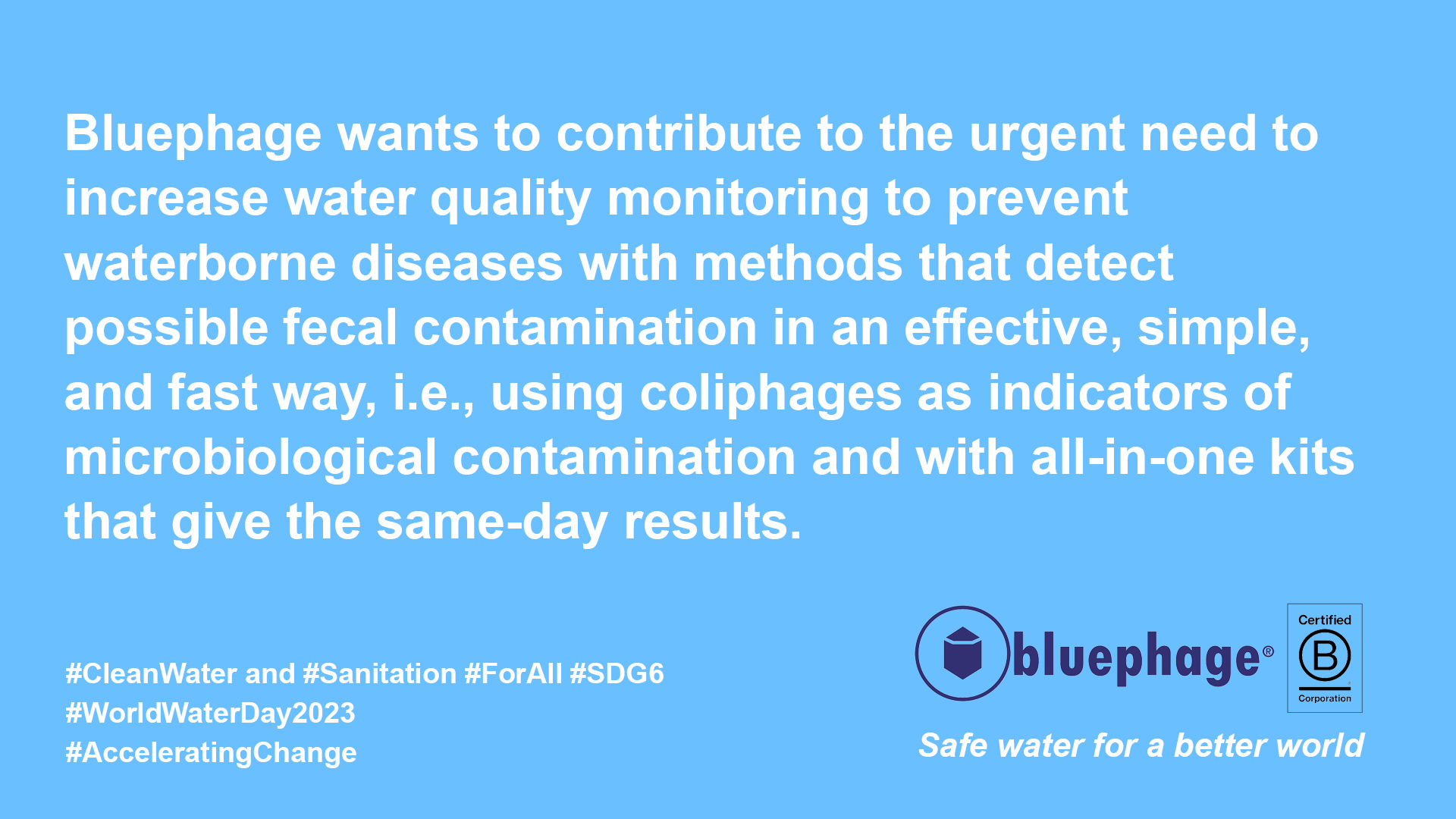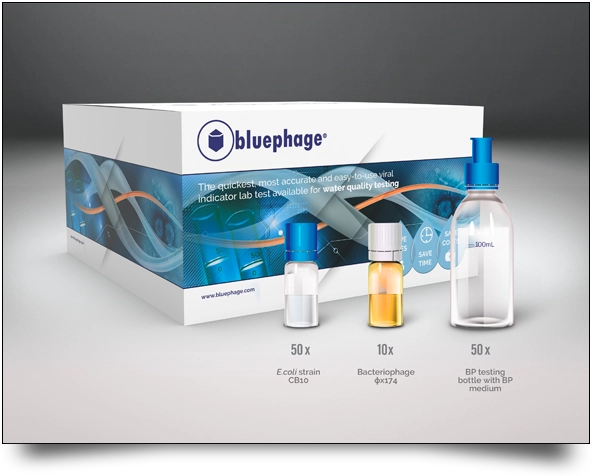BLOG | Bluephage
From Crisis to Sustainability: 4 Reasons to Prioritize Water Quality Monitoring

Bluephage explores the urgent need to accelerate change to combat the water crisis and achieve Sustainable Development Goal 6. With global demand for freshwater set to exceed supply by 40% by 2030, taking action is more important than ever.
Bluephage provides four compelling reasons to act now, from preventing waterborne diseases to promoting economic and social development. Don’t miss this insightful read and learn how to work together towards a sustainable future for all.
Bluephage is taking a step forward in the world water crisis by providing technology that accelerates the process of determining if water is safe to drink.
The lack of safe drinking water is a significant problem, and urgent action is needed to address the issue.
The Bluephage team outlines four reasons to accelerate change to achieve Sustainable Development Goal 6, which ensures access to safe drinking water and sanitation for all.
Accelerating change could reduce the risk of waterborne diseases, improve disease prevention, and adapt to climate change’s effects. The circular water economy is also a sustainable solution to promote innovation and efficiency. By implementing sustainable water and sanitation solutions, we can take action toward protecting the planet and human dignity.
1. The lack of safe drinking water is a severe public health problem and a significant obstacle to economic development in many parts of the world. According to WHO, in 2021, approximately 785 million people worldwide did not have access to safe drinking water.
Accelerating change could drastically reduce this figure.
2. Waterborne diseases are caused by pathogenic microorganisms transmitted through contaminated water, such as viruses. The main causes of these diseases are poor sanitation, unsafe drinking water, floods, natural disasters, lack of hygiene, and lack of access to clean water.
Accelerating change could reduce the risk of waterborne diseases.
3. According to WHO, waterborne diseases account for approximately 3.4% of the global disease burden, about 485,000 deaths annually. This includes diseases such as cholera, typhoid fever, and hepatitis A.
Accelerating change could effectively improve disease prevention.
4. Global warming exacerbates the water and sanitation crisis, leading to more frequent and severe droughts, floods, and other extreme weather events, increasing the pressure on our water and sanitation systems.
Accelerating change is essential to adapt to change and ensure access to safe water and sanitation for all.
Solving the water and sanitation crisis is a matter of human dignity and health and a crucial component of addressing the root causes of climate change. The circular water economy represents a critical approach to water management that can help address the global water crisis by promoting sustainability, efficiency, and innovation.
Accelerating change by implementing sustainable water and sanitation solutions is a vital part of the global effort to combat climate change and protect the planet.


